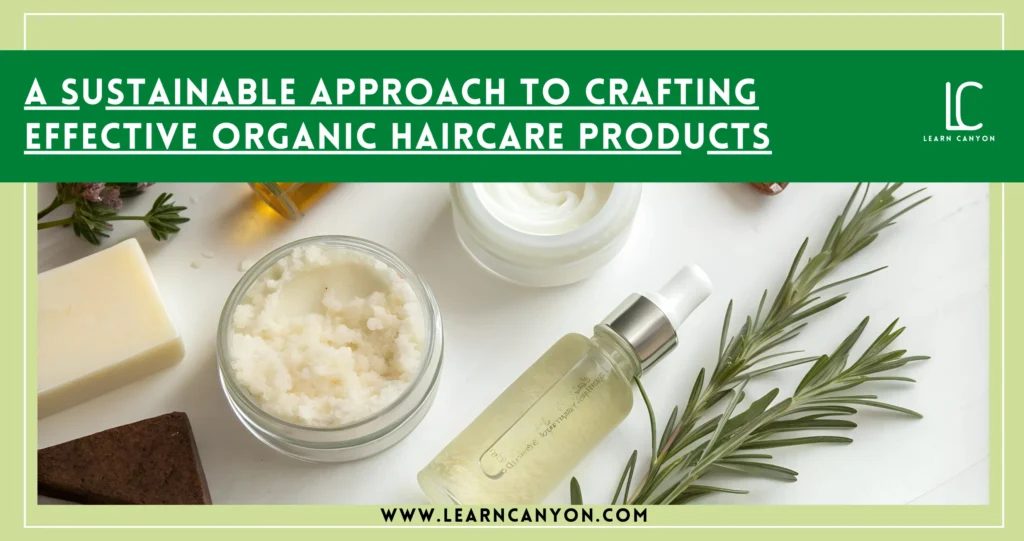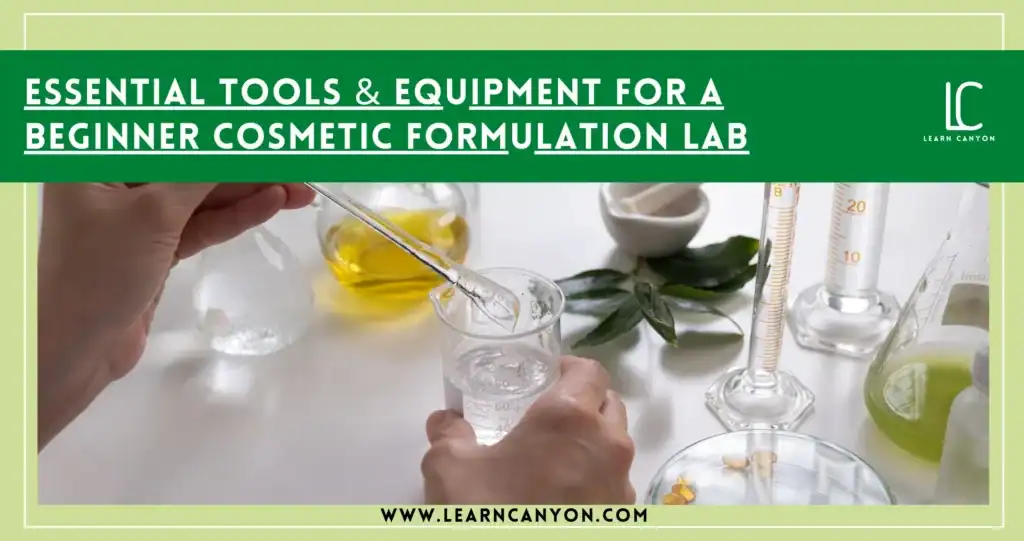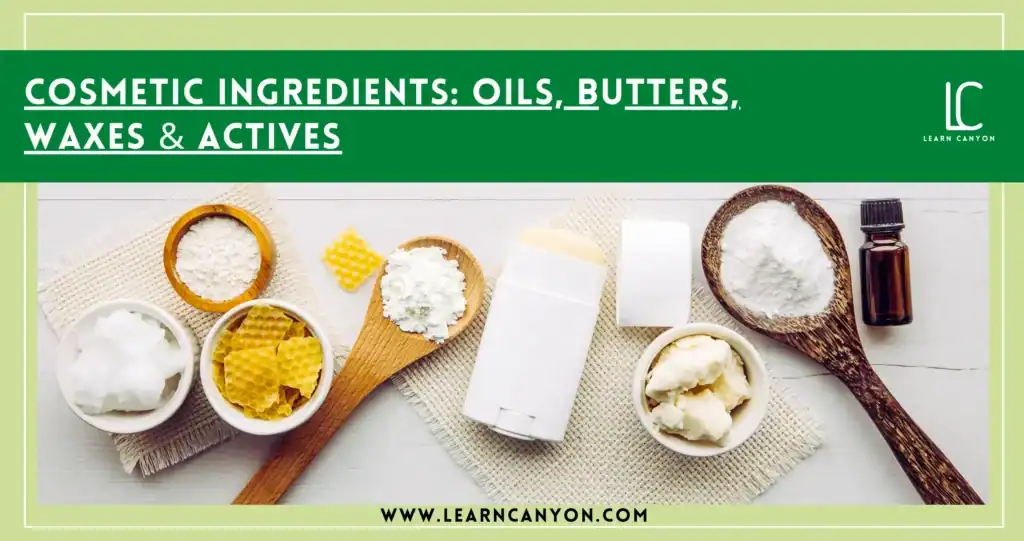Sustainability isn’t just a buzzword anymore, it’s a responsibility we carry as conscious formulators. As someone deeply rooted in organic haircare formulation, I’ve seen firsthand how our ingredient choices, processes, and packaging can either support or strain our planet.
Creating effective haircare products that nourish the scalp, strengthen strands, and promote growth is an art. But doing it sustainably? That’s where true formulation mastery lies. It’s not just about “natural” labels or using a few plant-based ingredients, it’s about honoring nature in every stage of product creation, from sourcing to shelf.
In this blog, we’re going to explore what it really means to take a sustainable approach to organic haircare formulation. I’ll walk you through the principles, ingredient selection, manufacturing tips, and real-world practices that allow us to formulate with purpose, without compromising on performance or ethics.
So, whether you’re an indie brand founder, a passionate DIYer, or a student of formulation, let’s dive into a greener way of crafting haircare that works and respects the Earth.
Understanding Sustainable Formulation Principles
Let’s get real, sustainable formulation is not just about swapping out silicones for plant oils or using glass jars instead of plastic. It’s a whole mindset shift.
As organic formulators, we have the unique opportunity (and responsibility) to align our work with nature, not just extract from it. Sustainable formulation means we consider the full lifecycle of a product: where ingredients come from, how they’re processed, the energy used in manufacturing, how long they last on the shelf, and how they eventually break down after use.
One of the guiding lights here is green chemistry, a set of principles that encourages us to minimize harm and waste at every step. For example, choosing cold-pressed oils over solvent-extracted ones not only preserves nutrients but also avoids harsh chemicals. Or opting for ingredients that are locally sourced to reduce carbon footprint.
Sustainability also means thinking in systems, not silos. That ultra-trendy exotic extract might sound great on a label, but is it sustainably harvested? Is it contributing to the overharvesting of a native plant species? These are the questions we need to ask.
In essence, sustainable formulation is all about intentional choices, choosing fewer, multifunctional, biodegradable, and ethically sourced ingredients that do more with less. It’s about creating effective, beautiful haircare products that nourish both the person using them and the planet that gave us the ingredients in the first place.
And honestly?
That kind of formulation feels more fulfilling and future-forward than anything else.
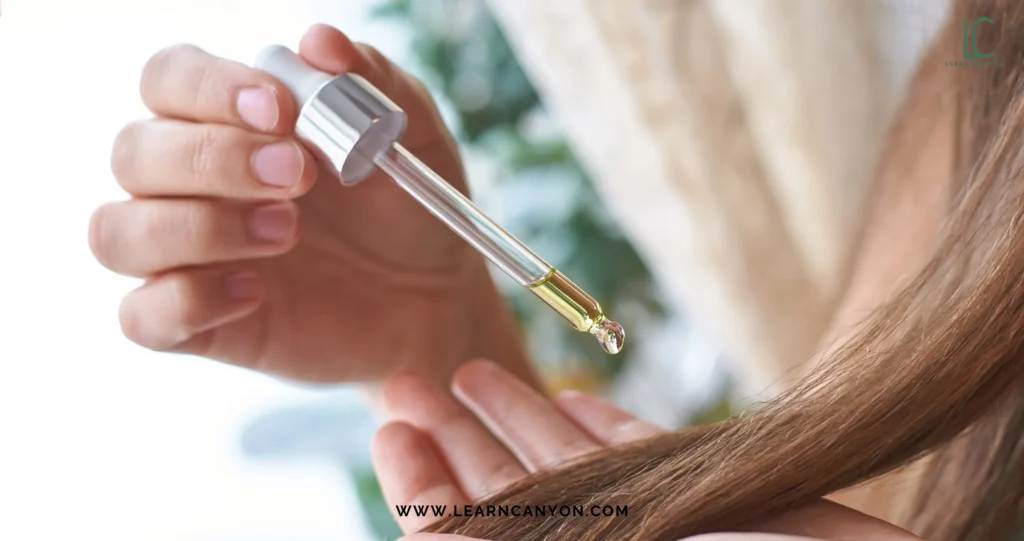
Ingredient Sourcing:
Every ingredient we choose tells a story, and as formulators, we get to decide whether that story is one of harmony or harm.
Sourcing ingredients responsibly is at the very heart of sustainable formulation. It’s not just about whether an ingredient is natural, it’s about how that ingredient was grown, harvested, processed, and brought to our labs. Because nature gives generously, but it’s up to us to receive mindfully.
When I source herbs like Amla, Bhringraj, or Hibiscus for haircare, I ask myself:
- Are these botanicals wild-harvested or cultivated?
- Are the harvesters paid fairly?
- Is this plant endangered or being overexploited due to market trends?
And let’s talk about the certifications, while labels like COSMOS, ECOCERT, or USDA Organic are helpful, they’re just starting points. They don’t always reflect ethical labor practices or environmental regeneration. That’s why I always recommend digging deeper, connect with your suppliers, ask for documentation, and whenever possible, source directly from cooperatives or trusted regional networks.
Choosing local and seasonal ingredients can also be a game-changer. Not only does it reduce carbon emissions from shipping, but it supports nearby farming communities and ensures fresher, more potent actives in your formulation.
Responsibility doesn’t mean compromising your creativity, it means refining it. It challenges us to formulate with intention, to celebrate ingredients that are abundant, regenerative, and respectful of biodiversity.
So, the next time you fall in love with a botanical, remember, its origin matters just as much as its function.
Sustainable Carrier Oils & Actives in Organic Haircare
Carrier oils are the soul of any haircare formulation. They deliver nourishment, slip, shine, and sensorial magic. But from a sustainability lens, not all oils are created equal.
When I look at an oil, I don’t just see its fatty acid profile or its shelf life, I see the story behind the supply chain. How it’s grown, processed, and transported matters just as much as how it performs.
For example, jojoba oil is one of my favorite sustainable choices. It mimics the scalp’s natural sebum, is incredibly stable, and grows in arid regions without much water. Hemp seed oil is another winner, it’s fast-growing, requires little pesticide use, and has an amazing omega profile for scalp health.
On the other hand, some popular oils like argan or rosehip, while beautiful, come with sourcing challenges. That doesn’t mean we need to eliminate them altogether, but we do need to ensure we’re buying from fair-trade sources and low-impact processors who honor the local ecosystems.
Now let’s talk actives. Natural peptides, ceramides, and plant-based keratin alternatives are booming, and for good reason. They offer incredible performance without the synthetic load. Even better? Many of these actives are biotechnology-derived (hello, fermented rice proteins!) which means they’re created in labs using sustainable processes that don’t strip nature bare.
And don’t forget your multitaskers. Ingredients like Aloe Vera, Neem Extract, or Fenugreek Proteins not only condition and soothe, they also act as natural stabilizers, moisturizers, and anti-dandruff agents. Less is more when you choose smarter.
Sustainable oils and actives allow us to formulate with depth and meaning, creating products that are effective, ethical, and rooted in conscious beauty.
Low-Waste & Eco-Conscious Manufacturing
Formulating sustainably isn’t just about what goes into the jar, it’s also about how the product gets there.
Low-waste, eco-conscious manufacturing is one of the most overlooked (yet powerful) areas of sustainable formulation. Whether you’re making small-batch products in your studio or scaling up in a lab, the way we operate behind the scenes has a big impact.
For starters, batch size matters. Overproduction leads to wastage, not just of ingredients, but energy, packaging, and even storage space. I always encourage students and brand founders to start lean, especially with fresh, botanical-rich products. Make what you can sell, not what looks good in bulk.
Then comes water. Haircare products, especially shampoos, conditioners, and masks, can be very water-heavy. So, I love exploring water-conscious or waterless formats like solid shampoo bars, oil-based serums, and scalp treatments. Not only do they reduce water usage, they also cut down on preservatives, packaging, and transport emissions. That’s a triple win.
Let’s also not forget energy efficiency. If you’re heating oils and water separately, timing your phases smartly can save both electricity and formulation time. I also avoid long, unnecessary homogenization sessions, sometimes less is more, and gentler mixing yields better textures and fewer air bubbles.
And of course, let’s talk waste. Be mindful of how you’re disposing of your botanical residues, expired actives, or testing samples. Compost what you can. Repurpose what’s safe. Reuse containers for training batches or team trials. In my lab, we even keep a dedicated “reformulation shelf” for leftovers that can be creatively repurposed.
Sustainability in manufacturing is all about being intentional. It’s about building habits that reduce waste, save time, and respect the energy of every raw material we work with.
Because let’s face it, formulation is a craft. And every mindful step you take in your process helps turn that craft into something truly beautiful, for your customer and the planet.
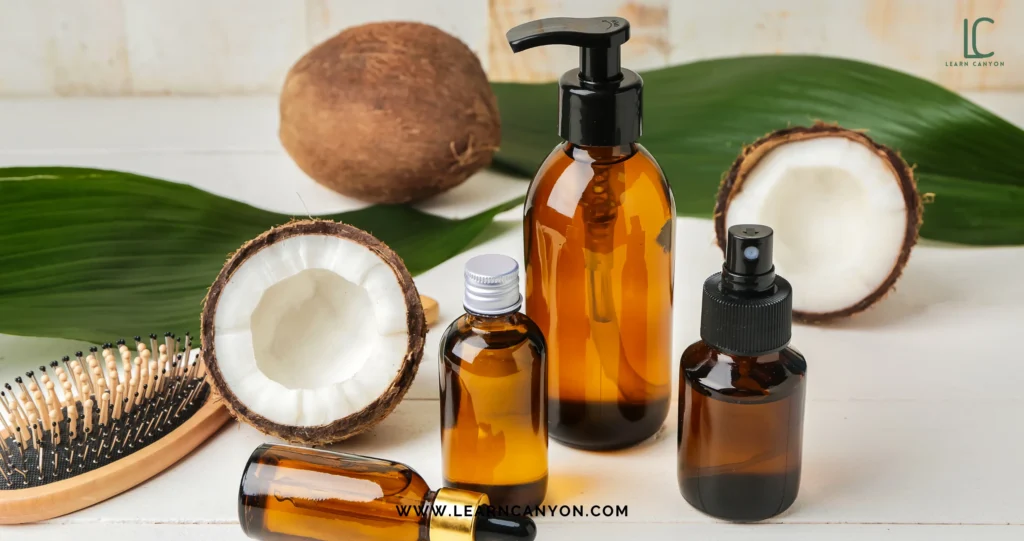
Packaging with Purpose
Let’s talk about something that often gets treated as an afterthought, but shouldn’t: packaging.
You can have the most beautifully crafted organic haircare formula, rich in botanical goodness and sustainably sourced ingredients… but if it ends up in a single-use plastic bottle that can’t be recycled? That’s a problem. As conscious formulators, we need to make sure our packaging choices align with our values, and with the expectations of eco-aware customers.
For me, packaging isn’t just a container, it’s part of the brand story. It’s the first thing people see and touch. So it should reflect the same love, responsibility, and intention that goes into the product itself.
Now, the options are evolving every day:
- Glass is beautiful, reusable, and gives that luxe, apothecary vibe, but it’s heavier and breakable.
- Aluminum is lightweight, endlessly recyclable, and great for sprays and oils.
- Bioplastics and PCR (post-consumer recycled) plastics offer a more accessible middle ground.
- And refillable systems? Total game-changer for brands thinking long-term sustainability and loyalty.
But beyond the material, I always ask:
- Is the packaging functional and protective enough for the product’s shelf life?
- Can it be reused or refilled?
- Will the customer actually recycle it, or does it need clear instructions?
Minimalism helps too. Skip the double-boxing and the fancy inserts unless they truly serve a purpose. Use compostable labels or soy-based inks when you can. Every little decision adds up.
And here’s a little secret I’ve learned from working with brands: customers love when you invite them into your sustainability journey. A simple line on your label like “Reuse this jar” or a QR code that links to a recycling guide can turn packaging into a conversation.
Purposeful packaging is about creating a full-circle experience. It’s the final touch that says, “We didn’t just care about what’s in this product, we cared about what happens to it after you use it too.”
Formulation Tips for Efficacy + Sustainability
Here’s where the magic happens, where science meets soul.
As formulators, our goal is always to create products that work, that genuinely support scalp health, strengthen strands, reduce breakage, promote growth… all the good stuff. But how do we do that without compromising sustainability?
Let me share a few tried-and-true tips from my own formulation lab that marry performance with purpose:
Use multifunctional ingredients
Why use three separate ingredients when one botanical can do the job beautifully? For example, fenugreek extract not only strengthens hair but also conditions and soothes the scalp. Aloe vera hydrates, repairs, and adds a silky slip. Choosing multitaskers helps simplify your formula and reduces overall material consumption, less sourcing, less waste, more impact.
Think about biodegradability
Especially when working with rinse-off products like shampoos or conditioners, it’s vital to use biodegradable surfactants and thickeners. I personally love using glucosides and plant-based esters that break down easily in the environment. They’re gentle on the scalp and on our waterways.
Formulate with minimalism in mind
Sustainable formulation is about efficiency, not excess. Avoid overloading your formula with trendy actives just for the label appeal. Instead, focus on synergistic combinations that truly deliver results, like pairing plant proteins with ceramide boosters for barrier support and hair repair.
Be smart about preservatives
This is where many natural formulators hesitate, but preserving your product properly is part of being responsible. Opt for ECOCERT/COSMOS-approved preservatives like sodium benzoate + potassium sorbate blends, or newer systems like Geogard Ultra. They’re effective and safe when used correctly, plus, they extend the life of your product, reducing the risk of waste.
Always measure pH and stability
A sustainable product is one that performs consistently. If it separates, spoils, or irritates, it ends up in the bin, and that’s the opposite of what we want. Maintain pH balance, do small-batch testing, and use the simplest emulsifier systems that still hold up over time.
At the end of the day, sustainable formulation is not about cutting corners, it’s about making clever, conscious choices. When you understand your ingredients deeply and formulate with both heart and intention, you can create haircare that delivers visible results and respects the planet.
And trust me, your customers will feel that integrity in every drop.
Educating the Consumer
Here’s something I’ve learned over the years, even the most sustainable product needs a voice to tell its story. And that voice is you.
As formulators and brand creators, our role doesn’t stop at mixing beautiful ingredients in a beaker. We also need to bridge the gap between science and the consumer, because when people understand the why behind your choices, they not only trust your brand more, they become part of the mission.
Let’s be real: sustainability can be confusing for consumers. Terms like “eco-friendly,” “green,” “biodegradable,” or “natural” are everywhere, but often used loosely. That’s where your education and clarity come in.
Be transparent about your ingredients
Explain what’s inside the bottle, and why it’s there. Share the benefits of your hero ingredients, especially if they’re sustainably sourced or multifunctional. A quick sentence like “We use hemp seed oil because it’s lightweight, nourishing, and supports regenerative farming practices” goes a long way.
Talk about packaging purposefully
If you’re using refillable glass or post-consumer recycled plastic, tell your audience how to reuse or recycle it. Include symbols, guides, or even a QR code on the label. Show them that their small actions count.
Normalize less-is-more
Consumers are conditioned to expect long ingredient lists and fast results. But when you educate them about the power of minimalist, slow-formulated, small-batch beauty, they begin to appreciate the craftsmanship and intention behind each product.
Avoid greenwashing, be real
Honesty is beautiful. If a formula isn’t 100% zero-waste but you’re making strides in that direction, say that. People appreciate progress over perfection. It builds credibility and loyalty.
Make education a conversation
Use your platforms, emails, Instagram, product pages, to share bits of wisdom. Invite questions. Celebrate your sustainable wins. When you bring your audience along for the journey, you create a community that cares just as much as you do.
Remember, your formulations already hold so much purpose, it’s your words that give them wings. When you educate with clarity and heart, you don’t just sell a product… you spark a movement.
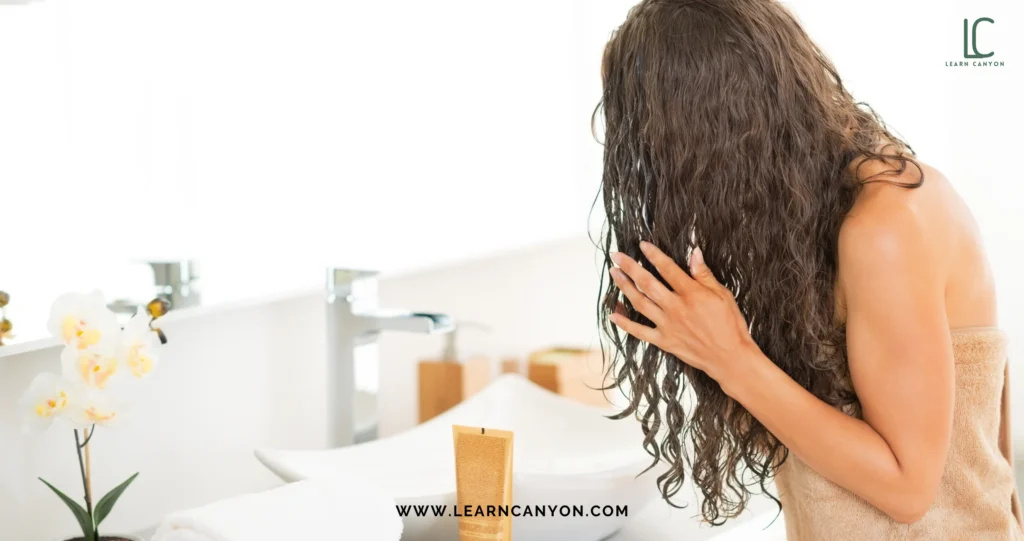
Challenges and Solutions
Let’s get honest for a moment, formulating sustainably isn’t always easy. In fact, it comes with its fair share of roadblocks. From sourcing dilemmas to cost constraints and ingredient limitations, I’ve faced them all, and I know you probably have too.
But here’s the truth: challenges are just invitations to innovate.
Let’s talk about some common ones, and how we can rise above them with creativity and care.
Challenge: Sustainable ingredients are expensive
It’s true, ethically sourced oils, ECOCERT preservatives, and biodegradable packaging often come at a premium. But here’s the thing: quality over quantity wins every time. One way to manage this is by working with fewer but multifunctional ingredients. Think of it like this, you’re not just formulating a product, you’re building trust. And people are willing to pay for authenticity and impact.
Solution: Simplify your formula. Buy in bulk where possible. Partner with cooperatives or small-scale suppliers who align with your values, many offer fair pricing when relationships are built.
Challenge: Limited access to certain sustainable materials
Especially in smaller markets, it can be hard to find COSMOS-approved or low-impact alternatives. I’ve had moments where my wishlist of ingredients clashed with what was actually available.
Solution: Stay flexible. Get creative with local, seasonal botanicals and regional herbs that are abundant and powerful. Think beyond trends, embrace what’s native and accessible around you.
Challenge: Performance vs. sustainability
There’s sometimes a misconception that “natural” or “green” products won’t work as well. And let’s face it, synthetics can be easier to stabilize and standardize.
Solution: This is where your skill as a formulator shines. Lean on modern green science, fermentation, bioactives, plant-based peptides. Balance your formula thoughtfully to deliver real results. Sustainable doesn’t mean compromised, it means considered.
Challenge: Time and effort
Sustainable formulation takes more research, testing, and often more patience. From vetting suppliers to checking biodegradability to doing stability trials with gentler preservatives, it’s a process.
Solution: Build systems. Create a vetted ingredient list. Have SOPs for checking sustainability. Over time, what once felt heavy becomes second nature.
Sustainable formulating isn’t about being perfect. It’s about being present, being curious, and being committed to doing better with every batch. And remember, you’re not alone. There’s a whole community of green beauty makers walking this path together.
So when the challenges show up (and they will), meet them with a mindset of growth. That’s how truly conscious beauty is born.
If there’s one thing I’ve learned on this journey, it’s that sustainable formulation isn’t a destination, it’s a daily intention.
As organic formulators, we’re not just crafting haircare products. We’re crafting experiences, values, and change. Every ingredient we choose, every process we refine, and every bottle we send out into the world is a reflection of what we stand for.
And while it may feel overwhelming at times, balancing performance, cost, availability, and ethics, it’s also incredibly rewarding. Because when you formulate with purpose, you’re not only creating effective, beautiful haircare… you’re contributing to something so much bigger: a more conscious, compassionate industry.
So here’s my gentle reminder to you, progress over perfection. Don’t wait until everything is “just right” to start making sustainable choices. Start where you are. Choose better where you can. And celebrate every mindful step forward.
The future of haircare is green, ethical, and rooted in respect, for nature, for our craft, and for the people we serve.
And I’m so glad we’re walking this path together.




